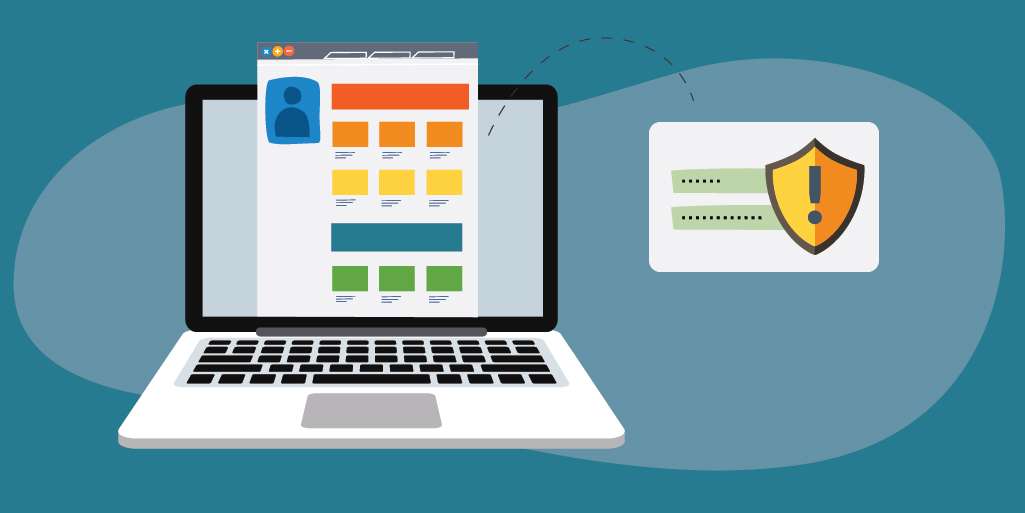
As cybersecurity threats evolve, educational institutions remain prime targets, with the human element often representing the weakest link in security. Security awareness training is crucial in building a defense against these threats. Here’s why it is more important than ever for schools, universities and libraries to know what makes it effective and how they can optimize their approach.
The Human Factor: The Weakest Link
- 70% of data breaches involve human error.
- The average cost of a data breach in higher education and training institutions was $3.7 million
- One in three breaches stems from phishing attacks.
- 20% of breaches are linked to remote workers.
Reasons Why Security Awareness Training Matters
- Preventing Data Breaches and Phishing Attacks: Security awareness training helps staff and students recognize phishing threats, reducing the risk of costly data breaches.
- Creating a Culture of Security: Training fosters a culture where everyone, from administrators to students, plays a role in protecting institutional as well as their own data.
- Maximizing Technological Defenses: Effective training ensures users know how to use firewalls, antivirus software, and other security tools, strengthening the institution’s overall security posture.
- Building Trust with Students and Partners: With growing awareness of cyber threats, students, parents, and partners expect institutions to take security seriously. A robust training program demonstrates the institution’s commitment to safeguarding their data.
- Ensuring Compliance: Many educational institutions must comply with regulations such as FERPA or GDPR. Security training helps meet these standards while improving overall data security.
- Social Responsibility: Cyberattacks can affect the broader community. Training ensures that educational institutions are not only protecting their own data but also reducing risks to other schools, libraries, and organizations.
Areas of Effective Security Awareness Training
Key topics for educational institutions should include:
- Optimism Bias: Addressing the “it won’t happen to me” mindset.
- Identity Theft and Password Hygiene: Encouraging strong password practices and awareness of identity theft risks.
- Multi-Factor Authentication (MFA): Promoting the use of MFA for secure logins.
- Public Wi-Fi Risks: Highlighting the dangers of unsecured networks and promoting the use of VPNs.
- Social Engineering: Identifying phishing, smishing, and other common scams.
- Device Security: Ensuring that students and staff set up antivirus software, firewalls, and regular updates.
- Malware Awareness: Teaching how to spot signs of malware infections.
- Breach Recovery: Emphasizing the importance of regular backups and incident response plans.
- Data Privacy & Compliance: Educating on data handling responsibilities, particularly under regulations like FERPA and GDPR.
MOREnet Security provides both in-person presentations and ongoing security awareness training through Infosec IQ If you would like more information contact us at security@more.net.
